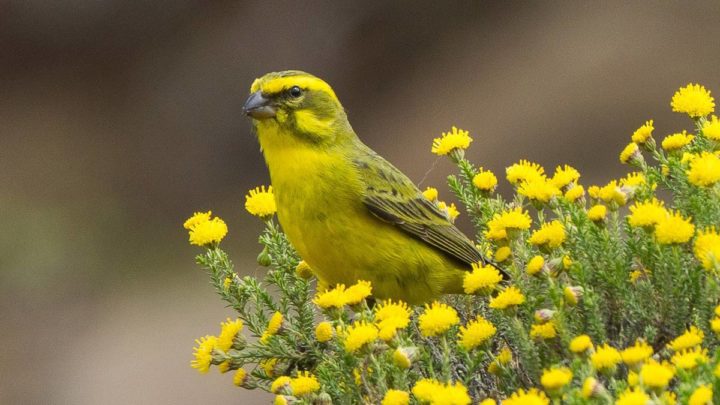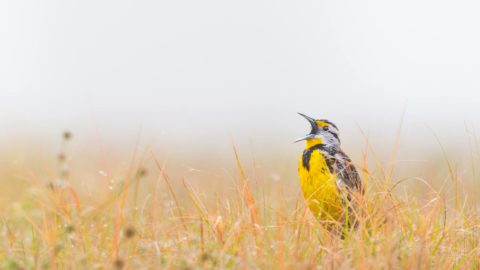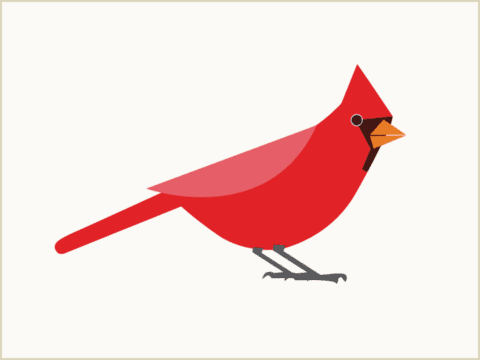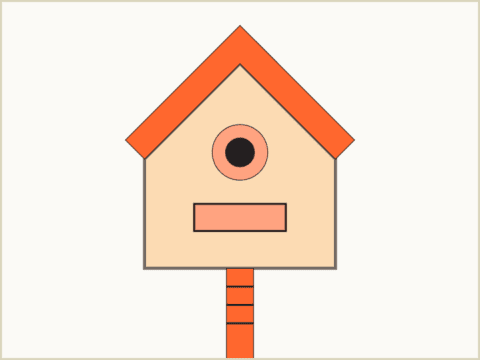Global Study Shows About Half of All Birds In Decline
June 21, 2022
From the Summer 2022 issue of Living Bird magazine. Subscribe now.
Around the globe far more bird species are losing ground than gaining, according to an expansive review of a half-century of bird population research published in the journal Annual Review of Environment and Resources in May.
The review, entitled The State of the World’s Birds, showed that more than 5,200 different species of birds—just shy of half the world’s total—are known or suspected to be declining. About 39% (around 3,800 species) are relatively stable, and fewer than 700 species show increases. Among birds on the IUCN Red List of Threatened Species, almost 400 birds worldwide had their conservation status change for the worse in the past three decades (moving from vulnerable to threatened, or threatened to endangered)—five times more than the number of bird species with an IUCN status that has changed for the better.
“After documenting the loss of nearly 3 billion birds in North America alone [according to a 2019 study published in the journal Science], it was dismaying to see the same patterns of population declines and extinction occurring globally,” says review coauthor Ken Rosenberg, a conservation scientist now retired from the Cornell Lab of Ornithology.
The review points to disappearing and degraded habitat—stemming from climate change, urbanization, agricultural intensification, and international trade—as the leading driver of bird declines worldwide. In a note of hope, the authors cite a 2020 study indicating that restoring just 5% of converted habitat in priority areas around the world could avert 60% of likely extinctions.
Lead author Alexander Lees, a senior lecturer at Manchester Metropolitan University in the United Kingdom and research associate at the Cornell Lab, also points to the need for substantial changes in human behavior to prevent further losses.
“Loss and degradation of habitat…is often driven by demand for resources,” says Lees. “We need to better consider how commodity flows [such as beef, oil, timber, and seed crops] can contribute to biodiversity loss and try to reduce the human footprint on the natural world.”

All About Birds
is a free resource
Available for everyone,
funded by donors like you
American Kestrel by Blair Dudeck / Macaulay Library


